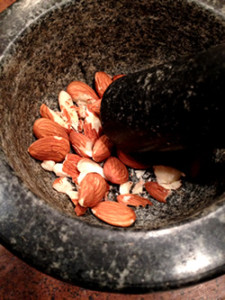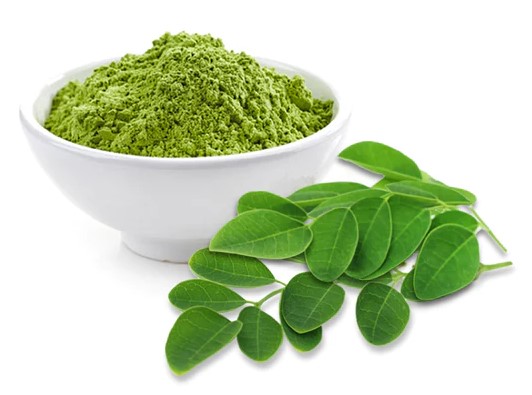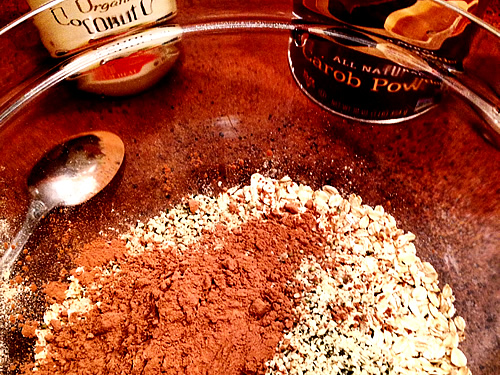Coconut Oil, Carob, Hempseeds, Spirulina, Moringa; if you’ve been looking into eating healthier, you’ve probably heard of these powerful plant sources for nutrients to take your diet that “super” place that health enthusiasts are always talking about, where superfoods become normal foods, part of the everyday lifestyle of those seeking a better overall state of being in body, mind, and soul. An easy question to ask is, why are superfoods being talked about so much, why isn’t the standard list of common household food products enough? The answer can be found in the question when you think about why and how the food eaten in the modern diet is treated, from start to finish, as a “product”.






